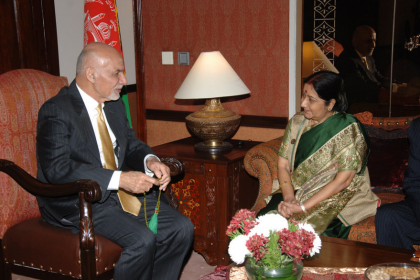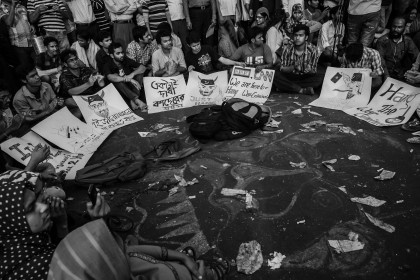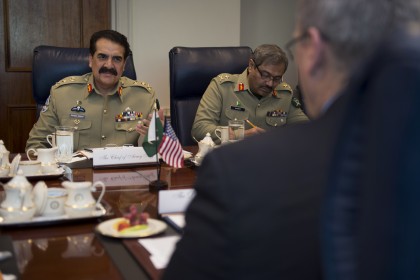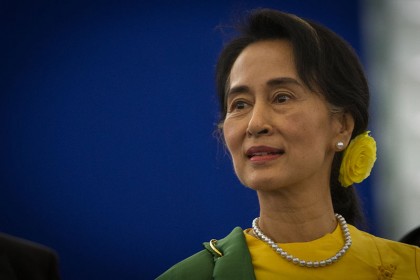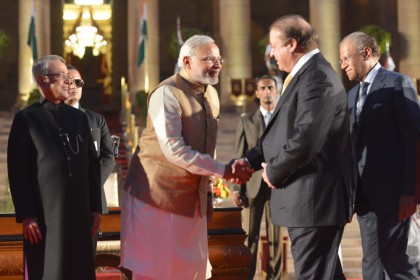Latin America’s right angle?
Despite major political change in Brazil, Argentina, and Venezuela due to global economic tumult, it may be premature to speak of a rightward shift in Latin American politics. Yet, developments in these democracies need to be monitored carefully as India has a stake in their political stability.

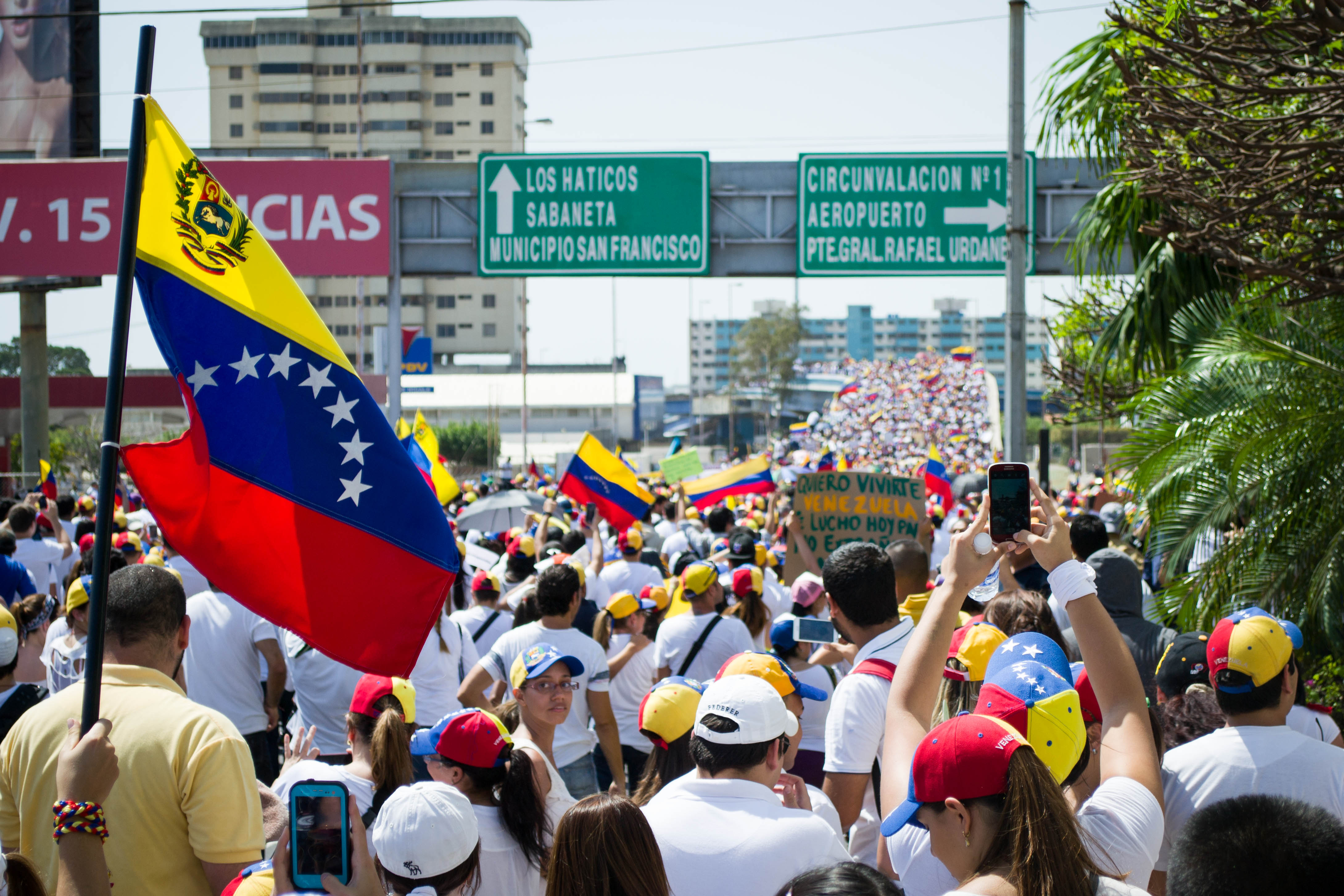
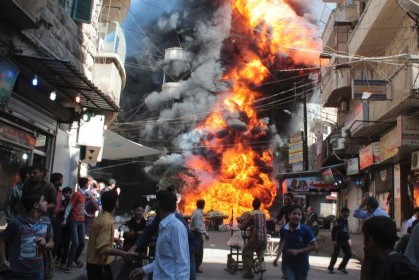


![DSC_0211[1]](https://www.gatewayhouse.in/wp-content/uploads/2016/01/DSC_02111-e1452754538418.jpg)
